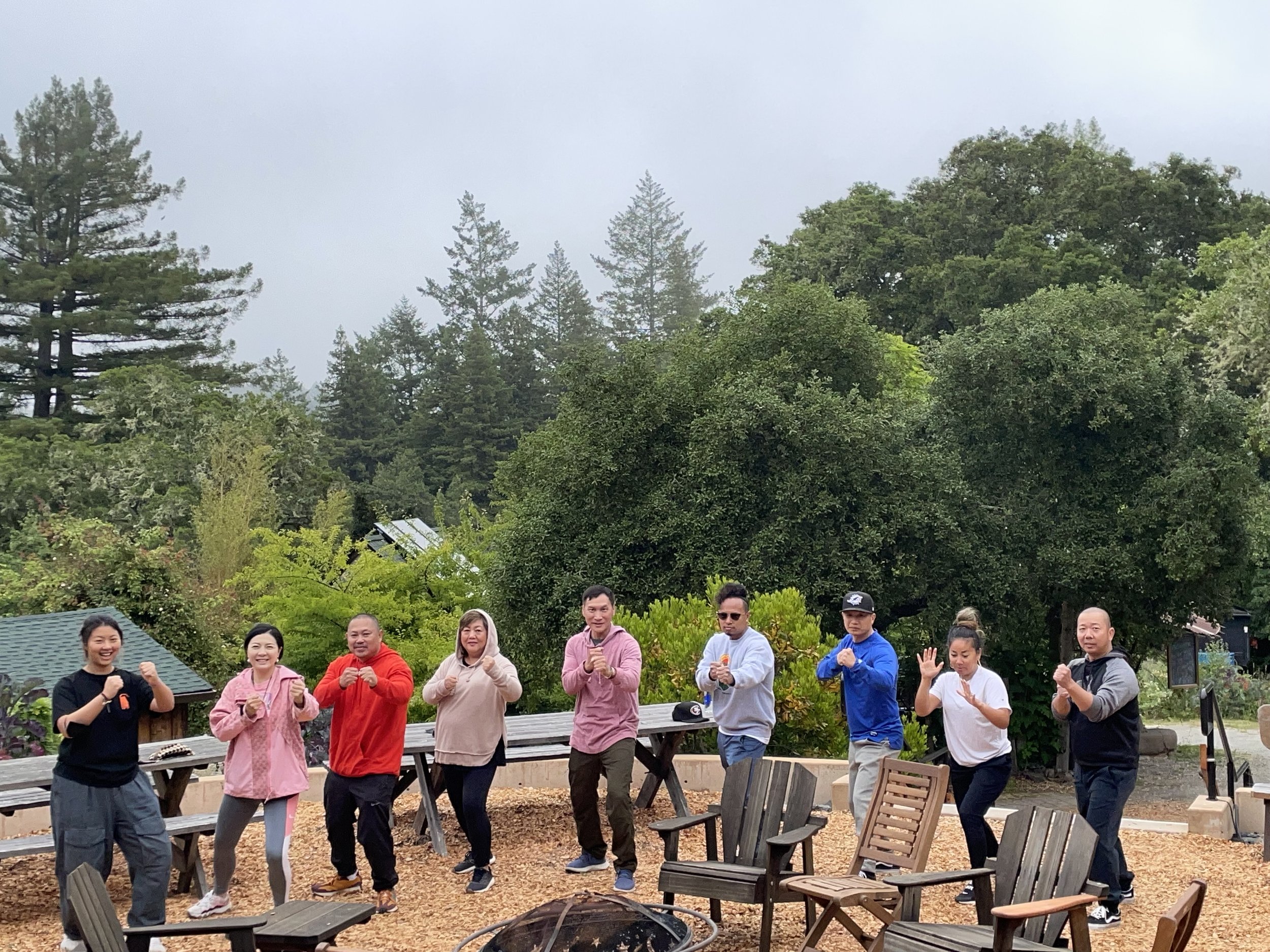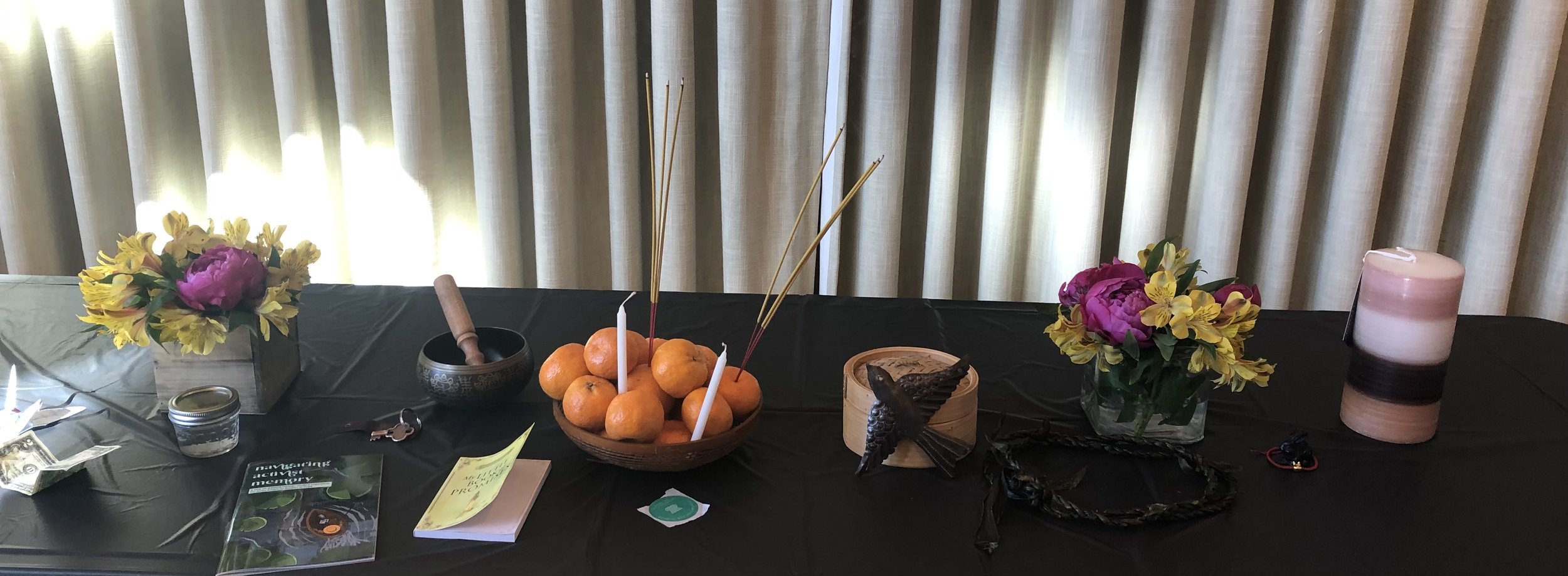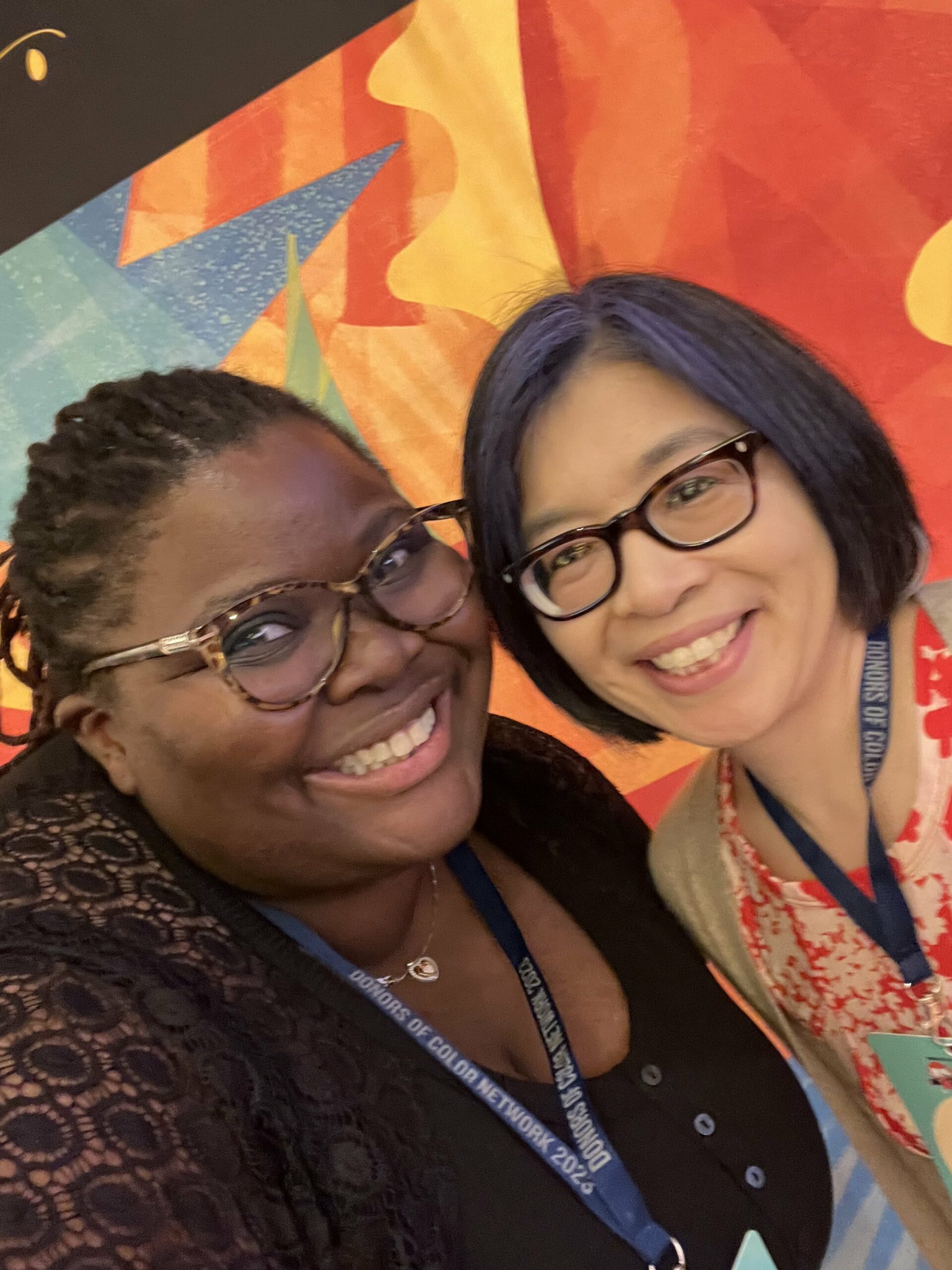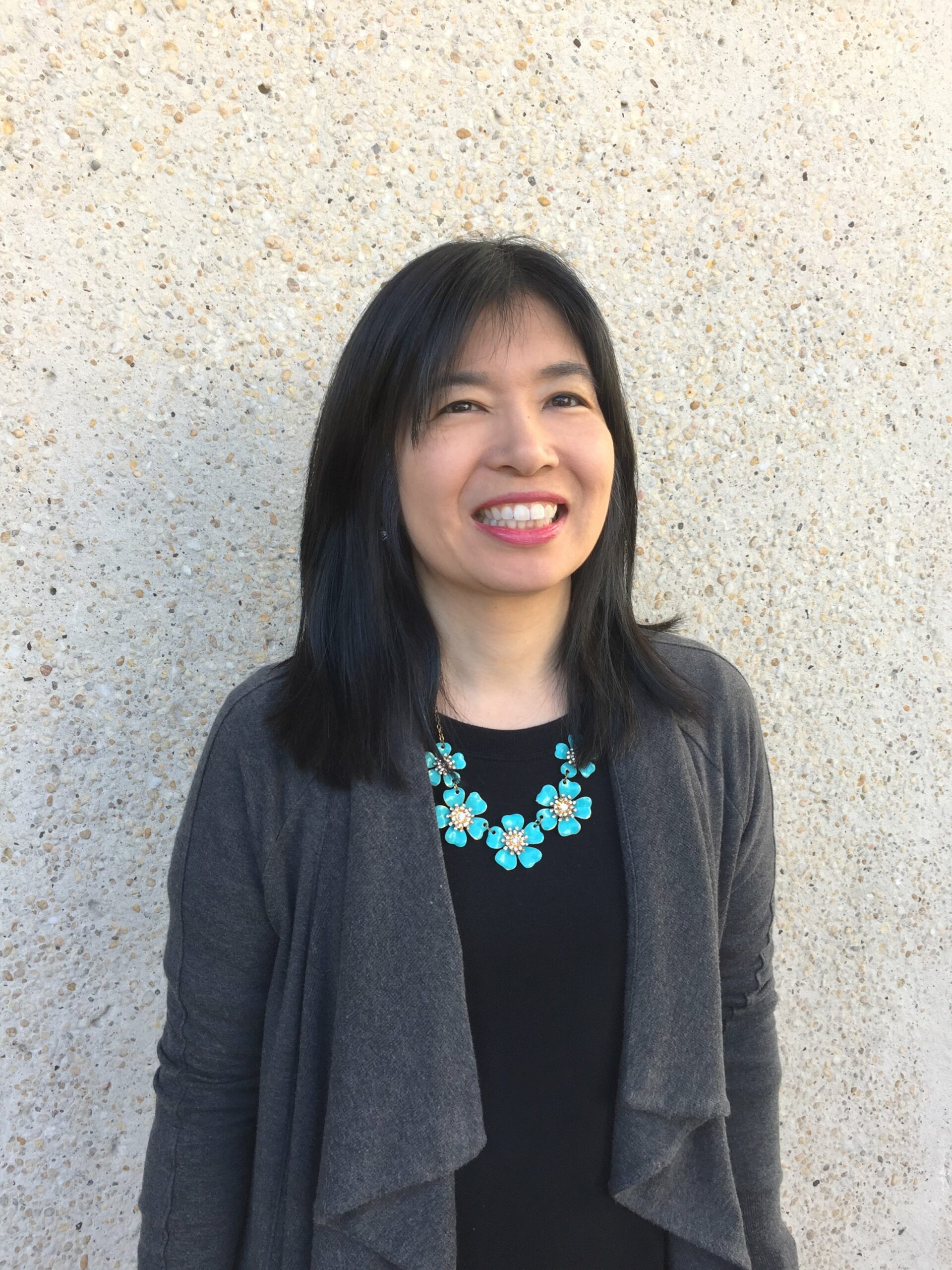“I now understand the need for affirmative action,” my mother said after the 1988 U.S. presidential election. As a first-generation immigrant from Japan, she lacked context and knowledge of U.S. history—until this election laid bare the extent of white privilege that enabled Dan Quayle to become Vice President of the United States.
I am a product of the 1980s. Growing up as a Japanese American in Virginia, I found belonging in Black and Latinx communities and their respective social justice leaders and books. At the same time, I was aware of being weaponized as an Asian against other communities of color while also dealing with the fear related to anti-Japanese sentiment that got Vincent Chin, a Chinese American, beaten to death by white men in Detroit for being “Japanese.” Since then, and through my life’s work, I’ve been committed to social and racial justice and actively fighting against our Asian communities being used as a tool for oppression.
The U.S. Supreme Court’s decision last June on the use of race in college admissions has implications far beyond access to elite higher education institutions. In the wake of this decision, federal programs to support BIPOC-owned businesses and other underrepresented groups are in the line of fire. As a social justice activist now working at a foundation, I am aware that this terrible decision results from funding—large, unrestricted, and multi-year deep investment to roll back social and racial equity and justice since at least the 1980s.
Harms and Barriers in the Philanthropy Sector
While the Supreme Court’s decision is deeply infuriating on many levels, I know this is not new. This decision is the tip of the iceberg that will only exacerbate some of the ongoing harms and barriers in the philanthropy sector in the areas of hiring and grantmaking, to name just a couple. For example, a 2022 study by the Nonprofit Finance Fund found that 41% of white-led nonprofits received 50% or more of unrestricted funds in the financial year 2021 as compared to 26% of Black, Indigenous, and other people of color (BIPOC) led organizations. Other data indicates that funding from corporate dollars and “community funders” disproportionately goes to white-led organizations.
In addition, the Black Social Change Funders and Emergent Pathways (March 2020) study found that people of color disproportionately lead groups that do not have an IRS tax-exempt status. These volunteer organizations are usually founded by people in the community, responding to the needs of their community even when they may be struggling themselves and unpaid for their work. Unfortunately, these organizations led by people with lived experience are often overlooked because, on the whole, funders do not fund small, volunteer-led, and unincorporated groups.
New Breath Foundation: “A Breath of Fresh Air”
Amidst this landscape, joining New Breath Foundation (NBF) last fall has been a breath of fresh air. For one thing, we create a supportive space for our grantees and community to be ourselves rather than experience our identities as silos. We are unapologetically Asian American, Native Hawaiian, and Pacific Islander (AANHPI) and unapologetically fighting anti-Blackness and the erasure of Native Americans, even within our own AANHPI communities.

For example, when I first joined NBF, I was delighted to learn that we run a quarterly internal learning program called “collective learning” that covers topics like abolition, disability justice, Black and Asian solidarity, Southeast Asian American history, and most recently, Native Hawaiian sovereignty. These discussions ground the work that we do in uplifting the authentic experiences and lives of AANHPIs that are not part of the “model minority myth” and amplifying our communities’ strengths, innovation, and tenacity, while recognizing and shining a light on our challenges.

At NBF, we lean into our legacy of cross-racial solidarity, as demonstrated by our Asian American elders and ancestors like Grace Lee Boggs, Yuri Kochiyama, Margo Okazawa-Rey, and many others. Rather than allowing our communities to be used as a wedge against other people of color, our grantees live fully into their respective AANHPI history, culture, and identity while strongly advocating for all communities of color.
For example, We Got Us Fund grantee API RISE works with AANHPI communities impacted by the criminal legal system. In 2020, they co-founded a community care group called Black and API Solidarity with Black folks who are formerly incarcerated and/or former gang members to address the resurgence of tensions among our communities due to the pandemic and disinformation. Now more than ever, we in the philanthropic sector need to be willing to support local programs and volunteer-run organizations at the grassroots level to work towards cross-racial healing.

Join Our Story
I am grateful to be part of an organization changing how AANHPI organizations are funded through our practice and collaboration with others in the sector to move forward in racial equity. We know the importance of collective liberation in theory, and we do it in practice. As 2023 comes to a close, I invite our readers to join our story—because New Breath Foundation’s story also includes your story, as we all aim to live into the definition of philanthropy, the love of humanity.
—
Editorial Note: I sincerely appreciate my multi-racial squad of progressive philanthropy friends, especially Tenaja Jordan of CHANGE Philanthropy, whose conversations inspired me to write this post. Thank you. I know we got us.
Maya Iwata (she/her) has three decades of work in cross-racial social justice and identifies as a queer, dyslexic, and mixed-generation Japanese American. Maya’s intersectional racial justice lens is grounded in the HIV/AIDS and harm reduction movement of the 90s, which paired structural change with holistic direct service. She has a B.A. from Cornell University and an M.S.W. from Columbia University.
